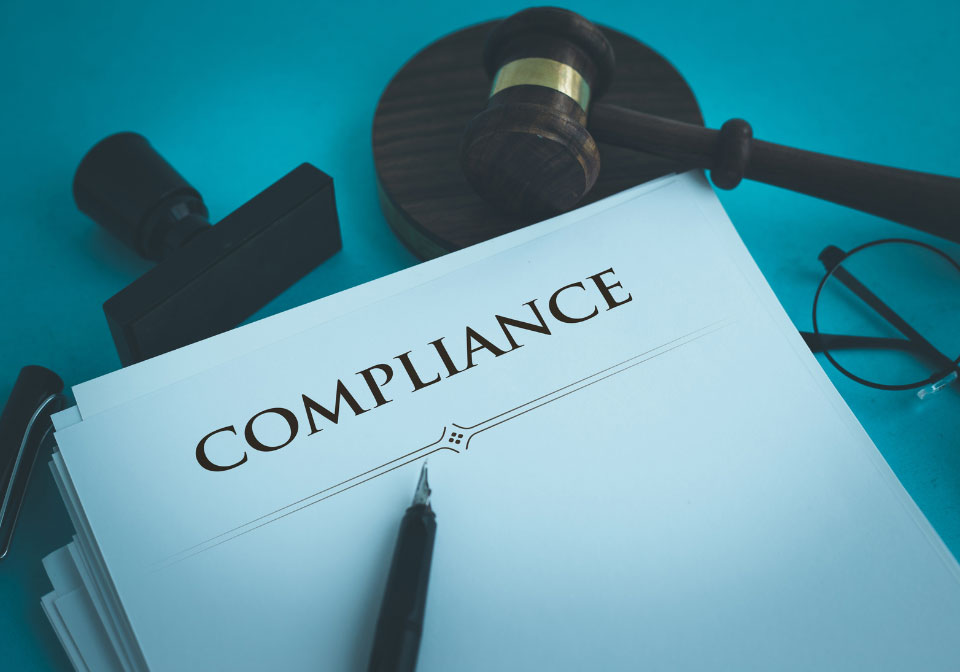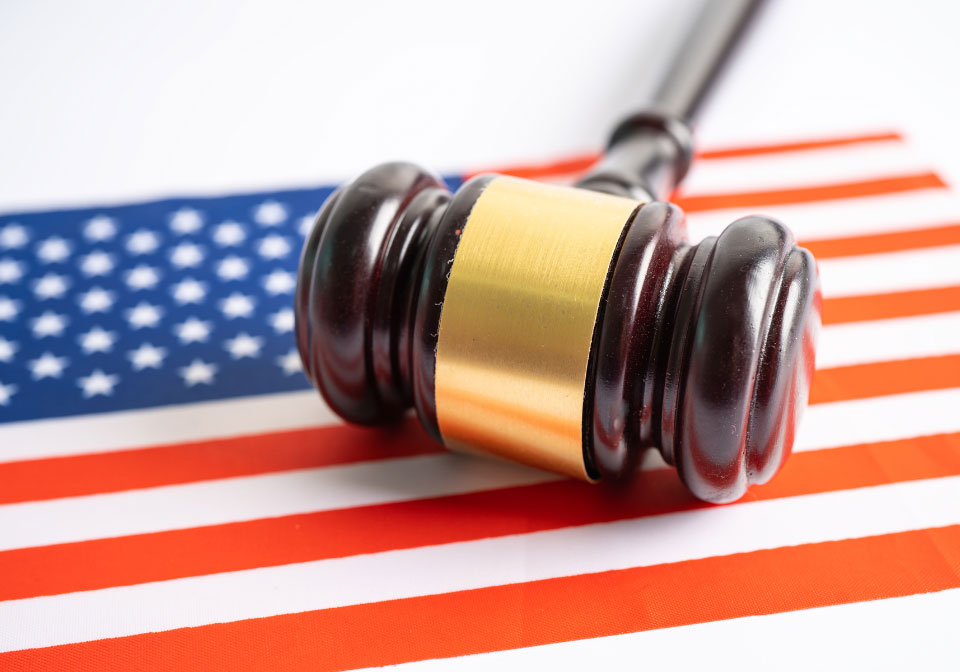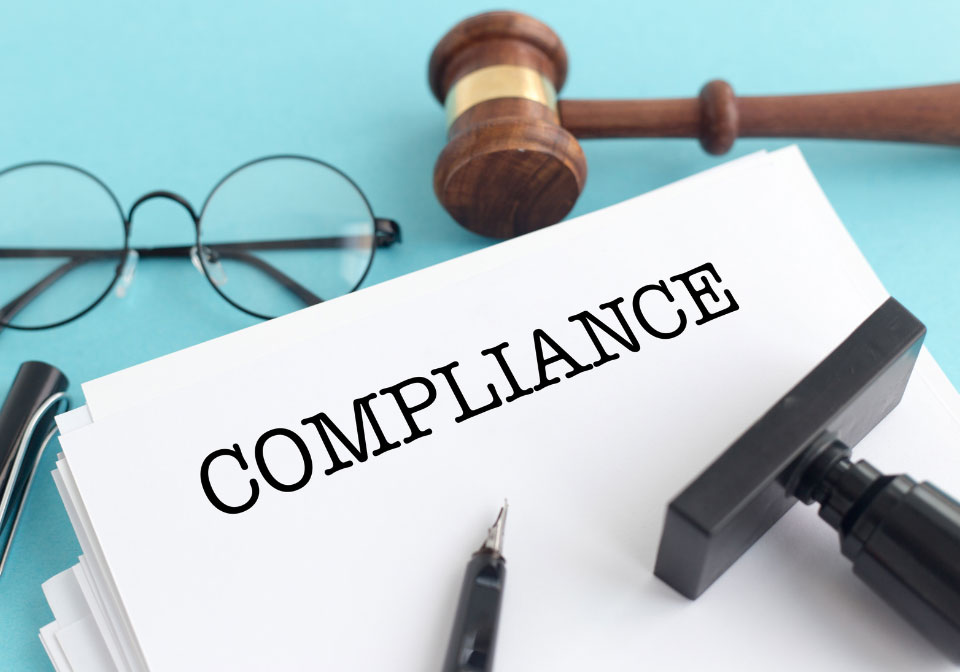No products in the cart.
In the rapidly expanding market of smoke accessories, the demand for pipes, vaporizers, rolling papers, and other paraphernalia has grown considerably.
However, navigating the complexities of compliance is a crucial component of running a successful business in this industry.
Whether you’re a small business owner, distributor, or wholesaler, understanding the legal landscape around smoke accessories will help you ensure a stable and responsible business model.
This guide will take you through the basics of compliance, essential regulations, key considerations, and best practices to help you operate legally and responsibly.

First, let’s clarify what we mean by “smoke accessories.” In most markets, smoke accessories encompass a variety of products that aid in the consumption of legal smoking substances. These include:
Each product has specific legal considerations depending on local, state, and federal laws. For retailers, understanding these classifications and keeping an eye on regulatory trends is key.

Compliance in this industry is particularly critical due to strict federal and state laws around smoking paraphernalia. Non-compliance can result in legal trouble, hefty fines, or even loss of business licenses. Compliant businesses not only protect themselves but also contribute to a regulated market, ensuring safe and quality products for consumers.
Consider compliance a foundational element of any business plan within the smoke accessories market. By meeting regulatory standards and operating transparently, your business builds credibility and customer trust while reducing legal risk.

The U.S. federal government enforces laws around smoke accessories under the Controlled Substances Act (CSA). Although smoke accessories themselves are legal to sell, the government enforces strict rules on items that could be perceived as being intended for illegal drug use.

While federal law sets the baseline for compliance, state laws can vary significantly. Here are key areas where states may differ:
To stay compliant, regularly review state regulations or consult with a legal expert to avoid potential misunderstandings or missteps.

Retail compliance is more than a checklist—it’s about running a responsible and ethical business. Here’s how to address common compliance issues faced by retailers in this industry.
Avoid promoting products with terms or imagery that could be misinterpreted as encouraging illegal activities. For example, avoid slang terminology and focus on the intended, lawful uses for each product.
Educate your staff on compliant language, as well as the legal implications of the products they sell. Training can help prevent misunderstandings and ensure they’re equipped to answer customer questions responsibly.
Implement strict age verification protocols for both in-store and online sales to comply with age restrictions and avoid penalties. This is especially important for online transactions, where strict age-verification software can prevent sales to minors.

Selling smoke accessories online can expand your market but also requires careful navigation of unique compliance challenges.
Implement an age verification solution that works with government-issued IDs to prevent underage purchases. Some e-commerce platforms provide integrated age-verification plugins specifically for regulated products.
Understand shipping laws that may affect your products. Certain carriers may have restrictions on shipping items considered “paraphernalia,” so check with major carriers like USPS, FedEx, and UPS.
If your website attracts customers from overseas, you may encounter different regulations that prohibit the shipment of smoke accessories. If you decide to ship internationally, thoroughly research compliance requirements for each country or work with a consultant experienced in international regulations.

In addition to legal compliance, it’s essential to ensure your products are safe and manufactured to high standards. This includes working only with reputable suppliers, performing regular product checks, and ensuring accurate labeling. Here are some additional considerations:
Set quality control standards for products you stock. Choose suppliers that provide certifications, such as ISO standards or other product safety certifications.
Some smoke accessories, such as vaporizers or products with batteries, must comply with additional safety guidelines, particularly if they involve chemicals. Make sure products don’t contain prohibited chemicals and are in compliance with local and federal safety standards.
Labeling should clearly indicate the intended legal use of each product, along with any required warnings. This is especially important for products that involve potential hazards, such as batteries or materials used for heating elements.

In an industry that often faces scrutiny, being a responsible business owner extends beyond meeting legal requirements. Consider participating in public awareness initiatives that inform consumers about safe and responsible use.
Supporting local or national harm-reduction programs and being transparent about your compliance practices can enhance your brand reputation and help normalize the legal, responsible sale of smoke accessories.

Compliance isn’t a one-and-done process. The legal landscape can shift quickly in the smoke accessories industry, so regular audits and policy updates are vital.
Schedule audits for your inventory, labeling, and marketing materials to ensure continued compliance. Make sure to update product descriptions or website content when regulations shift.
Joining industry groups or subscribing to industry news can help you stay informed about evolving regulations and best practices. Consider consulting with compliance experts or legal advisors if there are significant changes that impact your business.
Selling smoke accessories legally and responsibly requires a commitment to compliance at every level of your business. By understanding and adhering to federal, state, and local regulations, you protect your business and contribute positively to the industry as a whole.
Operating with integrity and transparency, staying informed about changes in the law, and committing to quality and safety standards can help you establish trust with customers and ensure your business thrives in the smoke accessories market.
